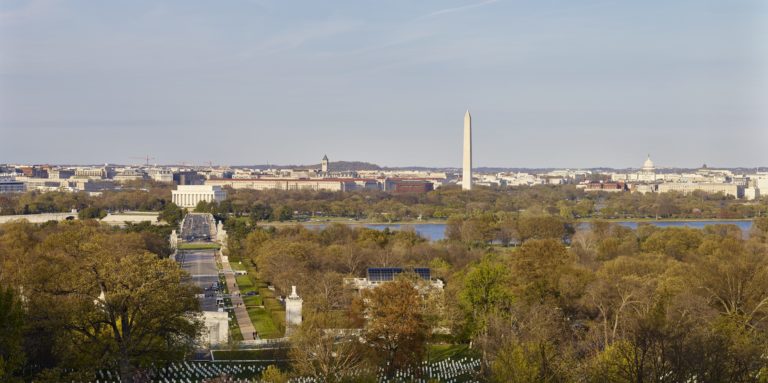This week, I am off to the 59th African Association Annual Meeting, this time held in Washington DC with the theme Imagining Africa at the Centre: Bridging Scholarship, Policy, and Representation in African Studies.
It will be my third African Studies conference this year after DakarFutures2016 and this summer’s GlobalGhana in Cape Coast. I also enjoyed last year’s ASA in San Diego. So, I am looking forward and over the next week I will be taking in as much as I possibly can on academic talks, networking sessions, book exhibits and also Washington DC! I am especially excited to meet up with a special person from DakarFutures working at the renowned Smithsonian National Museum of African Art and a new contact from Wikimedia Foundation. I’ll also visit Ghanaian Designer David Adjaye’s new National Museum of African American History & Culture, also in the Smithsonian Museum Park (photo from NMAAHC below, I believe it is the brown box next to the Washington Monument).

At the ASA2016 meeting, I will for sure be spotted when presenting a paper on higher education together with colleagues from the Ghana Studies Association and when I chair a so called Africa NOW! session on the ongoing election season in Ghana. Details below!
Panel: Debating the Quality and Relevance of (Higher) Education in Ghana
Fri 2 Dec, VIII-D-1 4pm.
My Work: Data for and from the Higher Education Sector in Ghana
In an era of knowledge economies and sustainable development, the importance of higher education has reemerged (Mkandawire, 2015; Teferra, 2014). However, current data on higher education institutions (HEI) in Africa is not easily available in terms of basic descriptive data on institutions, research output, faculty, staff, students, and alumni.
This paper is a first report from a case study to understand data collection in and analysis of the higher education sector in Ghana, a country that has a mix of public and private higher education. The methodology is literature review and interviews with key stakeholders to clarify the role in collecting and managing HE data by international university associations, GOG/ministry of education, state institutions, quality assurance bodies, and – on a local level – universities.
Data and analyses hold promise for nurturing this important sector, especially since the sector is growing quickly and is centrally placed politically. Two factors that also mean data ages quickly. For instance, the rise of private higher education since the 1990s provides an almost unmapped terrain in terms of data. With a decolonial approach, I argue that data on HEI must be open and free, but also made a government priority to solve the sustainability issues of collecting data and crafting relevant indicators for strategic and sustainable development of the higher education sector on the continent.
Africa NOW! Democratic Gains from Election Season 2016 in Ghana
Panel Introduction and Open Discussion Sat 3 Dec, 9-10 am in meeting room “Maryland A”.
Ghana is seen as a beacon of hope for the democratization process on the continent and has managed to consolidate its democracy further with each election since 1992. There has been peaceful handing over of power in 2000 and 2008, a contested election in 2012 which was settled peacefully in the supreme court. This year, several new developments including reforms, which have led to that only seven parties are contesting the presidential seat have taken place, Ghana also has a new Electoral Commissioner, Charlotte Osei, replacing Kwadwo Afari-Djan who served as the Chair of the Electoral Commission 1993 to 2015.
The surrounding world has also changed since the last elections, notably with terrorism threats closer to home with the attack on Cote D’Ivoire’s Grand Bassam, in Mali, Burkina Faso, and Boko Haram in Nigeria and Cameroon. Further, oil and commodity prices are at an all time low. Many countries in Africa are experiencing power shortages and Ghana in no exception. The US elections have also been extensively discussed in Ghana to the point of almost overshadowing a local debate.
Further, an important role in the relative democratic success in Ghana is played by media and civil society monitoring the electoral process. Many laudable initiatives providing platforms for education and debate have been implemented. This year, the threat of limiting the freedom of speech by for instance monitoring online conversations and shutting social media down during the elections which is has been discussed under the so called “spy bill” and by the Inspector General of the Police Service, have added another important issue to address by the civil society.
With this background, this panel will discuss what can be expected from the general elections on December 7, 2016, especially in terms of democratic gains or losses.
Panelists: Dr. Kajsa Hallberg Adu, Ashesi University (convener), Dr. Jeffrey Paller, University of San Fransisco, Prof. Gretchen Bauer, University of Delaware, and you!

